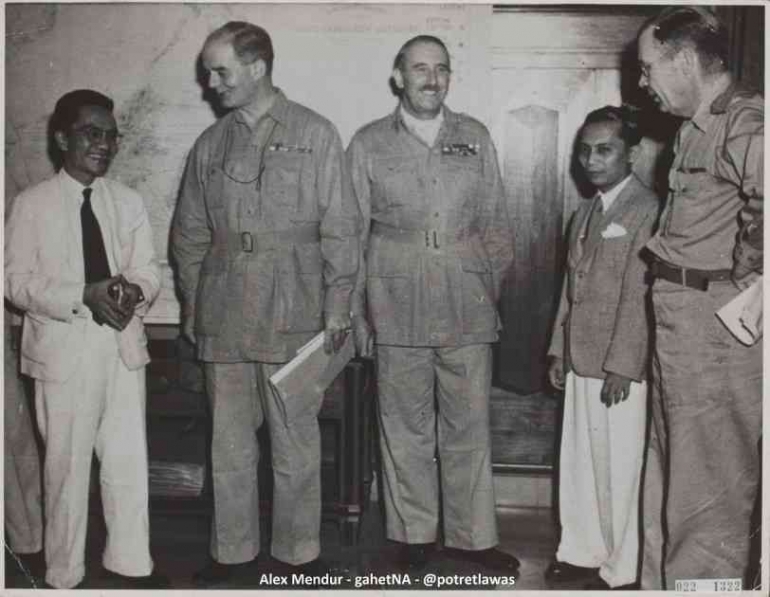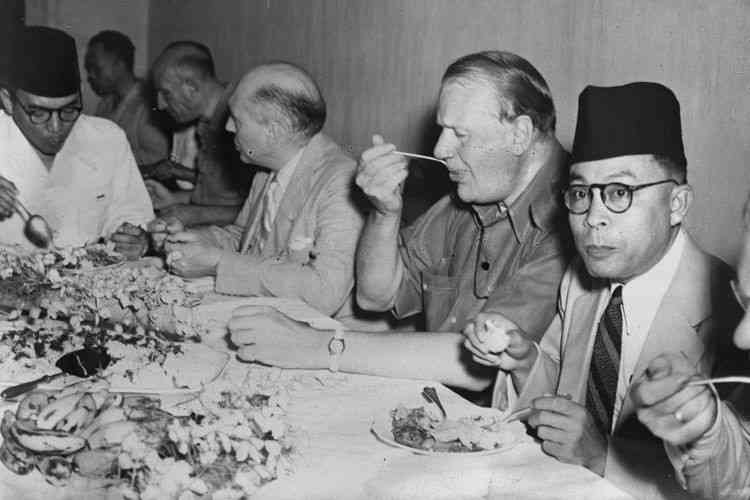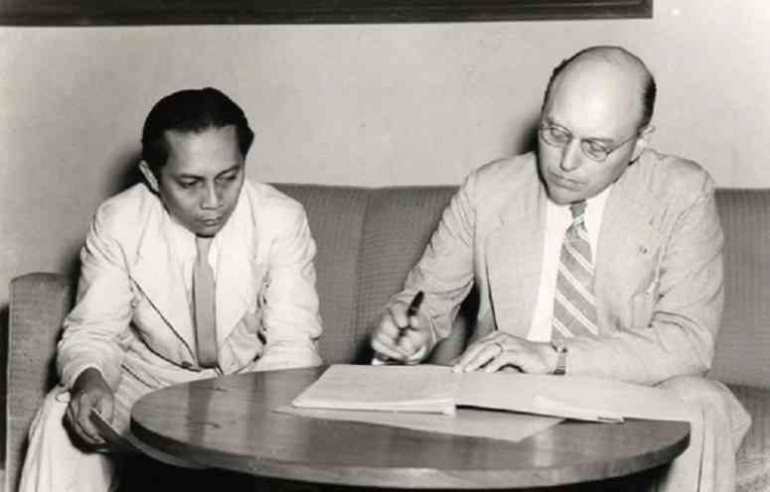International communication in a diplomatic perspective is an attempt to increase mutual trust or strengthen belief in an idea. By using diplomatic channels, international communication is more widely used to expand influence, increase commitment and solidarity, reduce differences of opinion and misunderstanding, and avoid conflicts in matters of goals and interests desired by a country. Not only to avoid conflict, international communication is often used to develop cooperation in both bilateral and multilateral relations, strengthen bargaining positions and enhance the image and reputation of a country. Here, one feels the importance of diplomatic communication techniques and the need for a tradition of diplomatic communication among sovereign countries in laying down the main lines of international communication for the purpose of maintaining world peace and developing international development.
Various state visits and the participation of a country in international conferences are included in the diplomatic part of international communication. Examples include communication between leaders of one country and leaders of other countries in forums for exchanging ideas, trials, negotiations, and so on to garner support for a resolution at the United Nations. Another example is contacts to provide information about what is actually happening regarding socio-political stability in order to develop international cooperation and encourage foreign investment into a country.
International communication is also often exploited by developed countries that have political interests to expand their area of political influence or to fulfill their own national interests. In this context, international communication is used as a tool to strengthen the hegemony of a country over other countries or over a certain region. To achieve this goal, it is clear that a very large cost is required. To maintain or expand the area of influence, a country tends to implement various measures, including containment policies.
The following are some of the diplomacy that has been carried out by Indonesia in fighting for Indonesian independence:
1. Philip Christison Negotiations

2. The Hooge-Veluwe negotiations

3. Linggarjati Agreement

The Lingarjati negotiations were held from 11 November to 13 November 1946 in Linggarjati Village, Cilimus, Kuningan, West Java. In these negotiations, Indonesia was represented by Sutan Sjahrir, AK Gani, Susanto Tirtoprojo, and Mohammad Roem. While the Netherlands was represented by Wim Schermerhorn, Max Von Poll, Van Mook and F de Baer. In fact, the former British ambassador to Egypt, Lord Killearn, was also present as a mediator to ensure that the agreement ran smoothly. The agreement resulted in several agreements, including:













